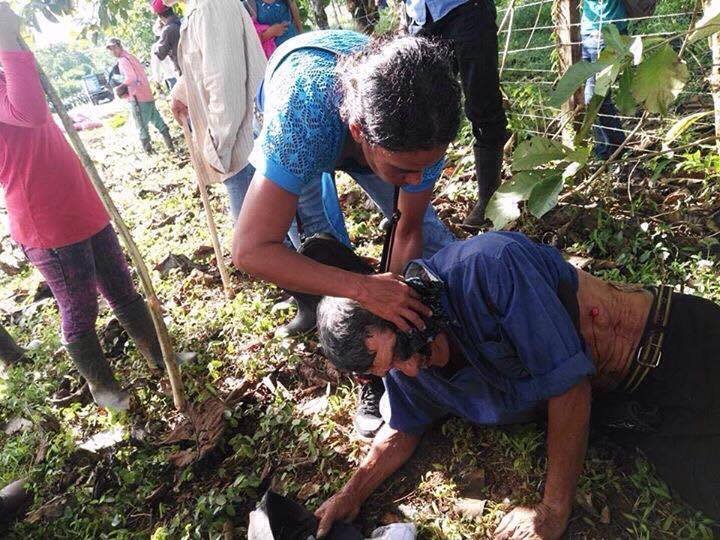
Peaceful Assembly
In late November, police brutally repressed a large movement of protestors from various parts of the country towards Managua, which was organised to coincide with OAS General Secretary Luis Almagro's visit to the country. Protesters demanded the government halt construction of the Interoceanic Canal, a Chinese-backed megaproject to connect the Atlantic and Pacific Oceans. Opponents of the construction believe it will threaten the region’s main freshwater reserve, while flooding and displacing several peasant and indigenous communities. Beginning on 27th November, protests against the Canal were brutally repressed. Police resorted to rubber bullets, tear gas, threats against bus drivers, and even the destruction of bridges to prevent protesters reaching Managua. Local activists documented the repression, in which at least 5 people were injured and activists and protesters were subjected to harassment and intimidation by security forces. In the audio clip below, one of the activists involved in the demonstration describes the police repression. Her identity has been withheld in order to protect her:
This situation is not without precedent. According to a report released on 17th October by the Nicaraguan Center for Human Rights (CENIDH), human rights violations have occurred regularly since the contract for construction of the canal was awarded to a Chinese company. Over 80 protests against the canal have taken place since 2014, and have typically been dealt with through a variety of repressive strategies, including the criminalisation of protests and protesters, the use of military force to curtail free movement, the intimidation of bus drivers to prevent them from taking protesters to protest sites and the use of schools as military bases.
On 28th October, Jorge Blandón, a member of Frente Amplio por la Democracia, reported that he had been harassed by police after requesting permission to organise a protest against the 6th November presidential elections, which opposition leaders campaigning for electoral abstention described as 'a farce'. He reported that police officers had threatened to throw him in jail if he continued to organise the protest. Despite these and other attempts, protests against the election went ahead in three different cities of Nicaragua.
Expression
On 7th October, journalists from news outlets Confidencial and Esta Semana reported that they were the subject of constant harassment and espionage from the police and military. Two people identified as members of Sandinista National Liberation Front requested confidential information on employees, including their licenses plate numbers and the names of visitors they received from government and diplomatic missions.
In a separate inciden, on October 10th, radio program 'Hoy', which has been on air for over 15 years, was cancelled. Programme host Yolidia Navas Salomon reported that she received a call from the director of the radio station - who is also a government part MP - communicating the decision, which was described as a 'decision from the party.'
Concerns about the conditions for journalists and media freedom in the country were expressed during the 72th General Assembly of the Inter-American Press Association in mid-October. The organisation reported that freedom of expression in Nicaragua is being undermined by Ortega’s control of all public institutions. It also expressed its concern about the erosion of independent media in the country and the improper use of official advertising to benefit media outlets aligned with the government’s interests.